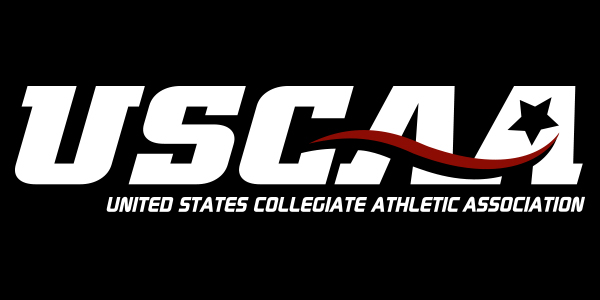Student Learning Outcomes – Elementary Education
Trinity College of Florida’s (TCF) Office of Institutional Effectiveness supports the mission, values, and core commitments by providing institutional research and leadership in the areas of accreditation and assessment. Trinity College of Florida measures and reports the outcomes of student experiences academically, professionally and spiritually. Listed below are Student Learning Outcomes, Retention Rates, Graduation Rates, Cohort Size (enrollment data) and Graduate Employment in Program-related occupations (including academic outcomes).
Department Goals for Elementary Education:
A basic academic knowledge of the histories and philosophies of education of both Christian and public schools, including an ability to compare and contrast these respective philosophies.
Skill in various techniques, methods, and strategies necessary for being an effective teacher.
An understanding of and proficiency in professional terminology, pedagogy, and ethics necessary to effectively teach in both Christian and public schools.
Five assignments from five Elementary Education Classes that align with these objectives.
Field Experience Internship- ELED 3091 – Students must watch an ACSI video series and choose which ACSI books they will read and develop their own 4-6 page Personal Philosophy of Education for ACSI certification . The students in this class are preparing for their final internship but have had plenty of time to think about their philosophy of education since their first Introduction to Education class and throughout all their other education classes. They are now close to the end of their college journey and this field experience takes place in a Christian school in the area. Students are given a basic outline for the paper and they have the freedom to say what they truly believe. This is one of the culmination assignments for the elementary education major. We have a 100% participation rate with an average grade of 93%. The students at this point usually have some strong feelings about what they believe and are able to articulate their personal philosophies well. (Department Goals 1,2,3)
Methods of Teaching Language Arts-EDE1228– Students must create a learning center for their students to independently work on skills for a unit that the students are learning about in class. This promotes more practice skills, discovery and independent thinking skills for their students. It also helps our students to understand that they can create and personalize materials to work in their own classrooms to meet their students’ unique needs. (Department Goals 2,3) There was a 100% completion rate with an average of 93%. Students created excellent learning centers that could immediately be used in a professional setting.
Philosophy of Education- ELED1302 – Students must think about their own philosophy of discipline in the classroom and create their own Classroom Management Plan Project. This requires them to decide on their classroom rules for their students, and develop a plan to keep track of their student’s behavior and motivate their students to obey the classroom rules. They will explain the reasons for the rules and show how their classroom management plan for their individual students will work in their class. They will develop rewards and discipline for students behavior and they will also create a classroom motivational reward for the entire class if they all are on task. Our students present their classroom management plan to our college class and other students and the professor are allowed to question, critique and discuss how their classroom management plans will work effectively to keep order and discipline in the classroom to maximize student learning. This is also very philosophical because students must understand that the different philosophies of education have different philosophies of discipline. We explore a biblical worldview on the the reason for children to be taught discipline and how that should be accomplished Christian and secular educational environments. (Department goals 1,2,3) There was a 100% completion rate with an average score of 95%, with excellent and professional classroom management plans displayed and discussed.
Methods of Teaching Science, Health and Safety- EDE4317 – Intermediate grades 3-6, Lesson Plan and Classroom Presentation. Students are to develop a science lesson plan that is hands-on and incorporates various methods and strategies discussed in class and in their textbook and teach their lesson to our class as we pretend to be students in grades 3-6. After they finish teaching our class, we will discuss and critique the lesson where students in our class discuss what they liked about the lesson and how they think it could have been even better. Students give their critiques to the teaching student for that student to review later. Our goal is to improve and to learn from one another as we participate in the various lessons and critiques that help students to learn how to accept constructive criticism from other students and which they will need to be comfortable with when they must work with supervising teachers and administration in the future. (Department goals 2,3) We had 100% student completion with an average score of 96%. They showed great success in lesson planning and implementation.
Methods of Teaching Reading- EDE3318 Guided Reading Intermediate Lesson Plan Assignment – Each student was required to teach a guided reading group from the book Number the Stars by Louis Lowry. Each student is given a chapter to teach and they must develop all the questions using the four levels of questioning and guide the reading of the chapter and all the discussion of the chapter with a flow of professionalism. This is to prepare them to teach intermediate level reading groups and lead all the discussion to make sure students understand what they have read, develop comprehension skills and keep students engaged in the book they are reading. This also teaches our Elementary Education majors to diagnose student needs and who may need extra help and or remediation. This prepares students to be able to teach guided reading groups in their future classrooms and for their internship. (Department Goals 2,3) We had 100% student completion with an average score of 95%. This was a great success for our students in teaching guided reading.



